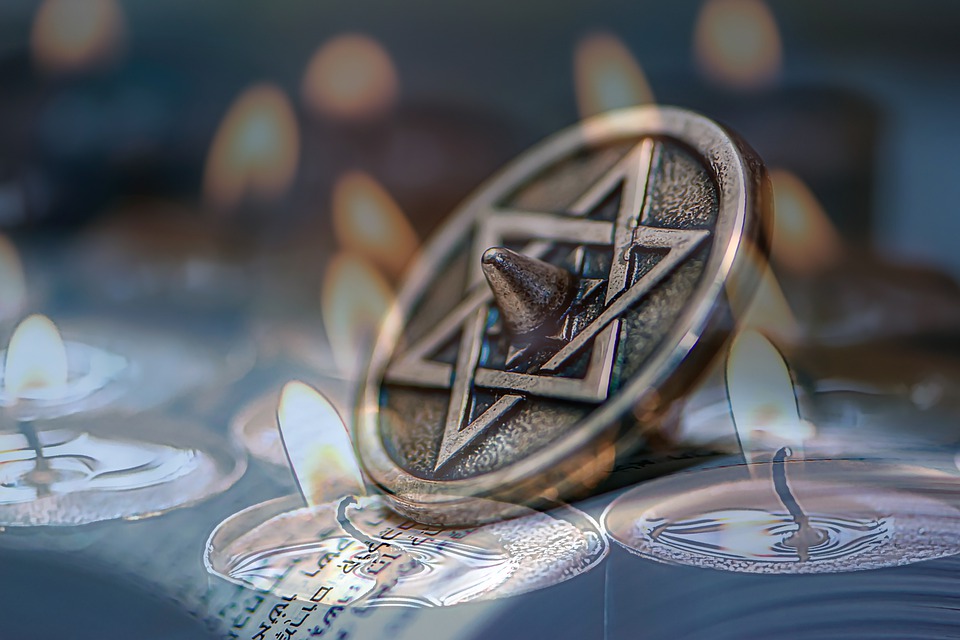Messianic claims are big talking point at winter feast
Article by by Charles Gardner
Source: Israel Today
It may surprise many to learn that Hanukkah, the movable eight-day Jewish festival being celebrated this year from Sunday, is actually about the coming of the Messiah.
Appropriately enough, therefore, it falls around Christmas each year, sometimes even coinciding.
The strength of its connection to Christ came home to me while listening to my pastor preach on Daniel chapter 8, outlining the rise and fall of empires that would follow the prophet’s time on earth.
Specifically, it relates to the emergence of the Syrian-Greek tyrant Antiochus Epiphanes launching a furious attack on the people of Israel and desecrating their Temple by sacrificing a pig there.
It all happened some 300 years later, just as in Daniel’s vision. It was a blatant attempt to wipe out the Jewish nation and thus prevent the coming of God’s Messiah through them.
We hear much about the rage across Europe, as the media has been describing lockdown riots, but this wicked despot raged across the Middle East like a madman, unleashing his venomous fury on the people of God in particular.
However, his brutal oppression of Israel was limited to just seven years (the 2,300 days of Dan 8:14), culminating in the re-dedication of the Holy Place, which opened the door for the coming of Jesus 160 years later.
Could this period of terror be seen as a precursor to the Great Tribulation under the Antichrist immediately preceding the return of our Lord (Matt 24:21 – see also Dan 9:27)?
Following a brave fight against all odds by Judah Maccabee and his men, the Temple’s re-consecration took place on December 25th 164 BC, exactly seven years after Antiochus launched his murderous assault on the Jews.
Since then, Jews everywhere have celebrated this great victory with an annual feast, also known as Hanukkah or the Festival of Lights, symbolised by a nine-branched menorah – nine, because the seven-branched Temple menorah had burned miraculously for eight days, despite having only enough oil for a day. And the Shammash (the central, or servant candle) is used to light the rest – one for each day of the festival.
Hanukkah has Jesus (and Christmas, for that matter) written all over it. For it was actually during the feast, which Jesus attended, that the controversial subject of whether or not he was the Messiah became a big talking point (see John 10:22-24). And it was later, when asked about signs of the end of the age, that Jesus referred to Daniel’s prophecy of the events that led to Hanukkah – clearly indicating a sort of ‘action replay’.


